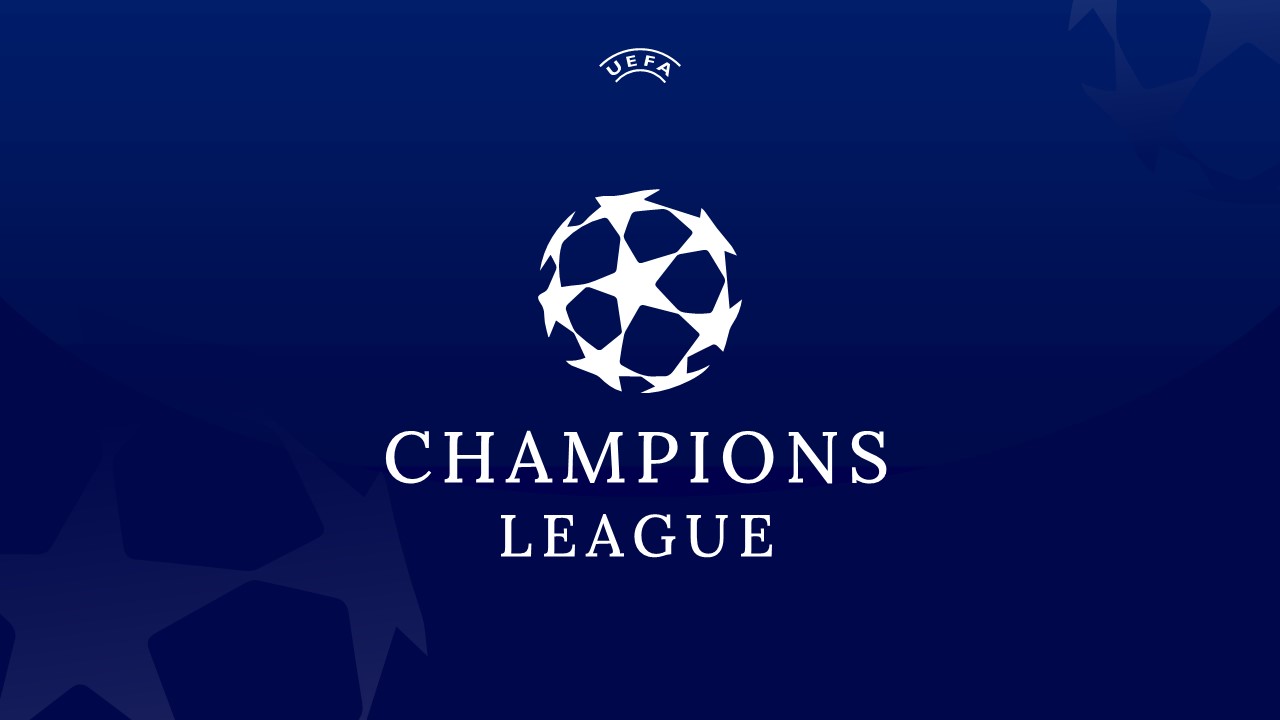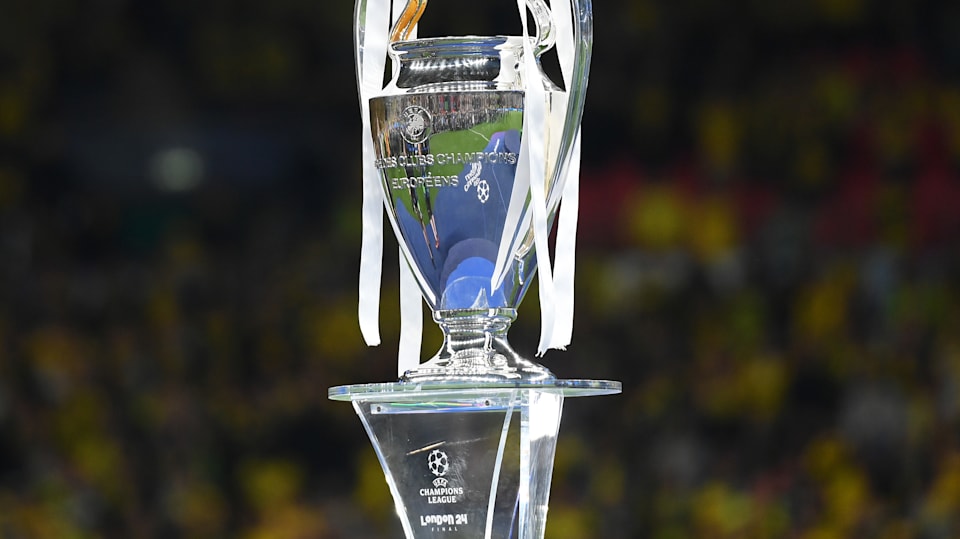
The revamped UEFA Champions League format has ushered in a new era of unpredictability and exhilaration in European football. Kicking off in the 2024-2025 season, this format shift has seen clubs across the continent adapt their strategies to navigate the new competition landscape. The league stage now involves teams playing against eight different opponents, a change that has made each match crucial and injected fresh energy into the tournament.
A Tactical Overhaul
The structural changes in the Champions League have prompted teams to rethink their tactical approaches. The expanded league stage, which now features more matches, has forced managers to adopt rotation strategies to maintain player fitness over a longer campaign. This is particularly evident in clubs with deep squads like Manchester City and Bayern Munich, where squad depth has become an asset in managing the rigorous schedule.
One of the most significant impacts of the new format is the increased importance of squad rotation. The likes of Pep Guardiola and Julian Nagelsmann have been seen frequently altering their starting lineups, ensuring key players remain fresh for crucial fixtures. Meanwhile, clubs with less depth are compelled to strategically prioritize certain matches, often focusing on securing points against direct competitors for knockout stage qualification.
Statistical Insights
The revamp has also intensified the statistical dynamics of the competition. The league phase has already witnessed a staggering 64 goals in the final 18 matches, highlighting the offensive mindset teams have adopted. This shift is not only a delight for fans but also a challenge for defenses that must adapt quickly to a variety of attacking styles.
Notably, goal-scoring machines like Erling Haaland and Kylian Mbappe have continued to thrive, each closing in on the legendary milestones set by Cristiano Ronaldo and Lionel Messi. Haaland, with 47 goals in his Champions League career, and Mbappe, with 51, are inching closer to Ronaldo's record of 141 goals and Messi's 129, setting the stage for a new generation of football icons.
Fan Engagement and Financial Gains
The new format has not only altered the competitive landscape but also bolstered fan engagement. The unpredictability of the group stages has translated into higher viewership and attendance, as fans are drawn to the thrill of every match potentially altering the standings. The increase in fixtures per club has also resulted in additional revenue streams for both UEFA and the participating teams. This financial boost is crucial, especially for clubs recovering from the financial strains imposed by the COVID-19 pandemic.
UEFA's decision to remove the consolation prize of Europa League football for teams eliminated in the group stage has further heightened the stakes. Clubs now find themselves under greater pressure to perform, knowing that early elimination means missing out on European competition entirely for the season.
Managerial and Player Perspectives
The change has been met with a mix of excitement and caution among managers and players. Former England goalkeeper Joe Hart remarked, "It was their [Uefa's] dream on Wednesday night. Everything on the line, someone like Manchester City were on the edge of being eliminated." This sentiment reflects the razor-thin margins by which teams are now judged.
Players like Raphinha, who has been instrumental in Barcelona's resurgence, see the revamped format as a platform to showcase their talents on a grander stage. Raphinha's journey from the brink of quitting football to becoming a key player for Barcelona exemplifies the personal stories of triumph that the Champions League continues to produce.

The Broader Impact on European Football
The Champions League's expansion comes at a time when European football is witnessing structural changes beyond the continental competition. The introduction of a 32-team Club World Cup adds another layer of complexity to the football calendar, prompting discussions about player welfare and the sustainability of an ever-expanding schedule.
Despite these challenges, the new Champions League format has succeeded in reinvigorating Europe's premier club competition. With every match carrying significant weight, clubs are pushed to their limits, making for a captivating spectacle that has captivated fans and pundits alike.
As the competition progresses, the tactical adaptations and narratives that unfold will continue to shape the landscape of European football. The Champions League remains the pinnacle of club competition, and its evolution promises to maintain its status as the ultimate showcase of football excellence.
For further insights into how the new format has transformed the Champions League, you can explore the detailed analysis by BBC Sport, which delves into the nuances of this exciting evolution in European football.
